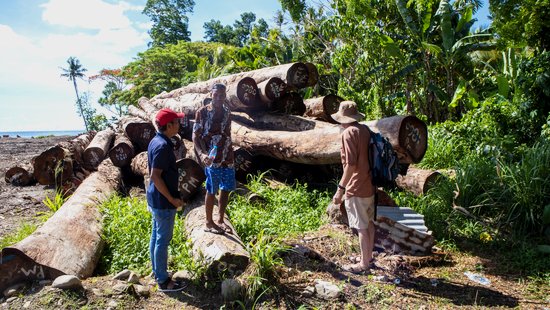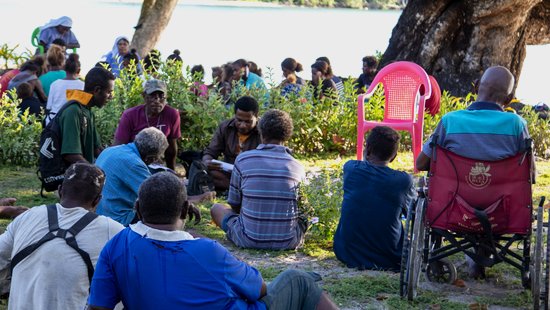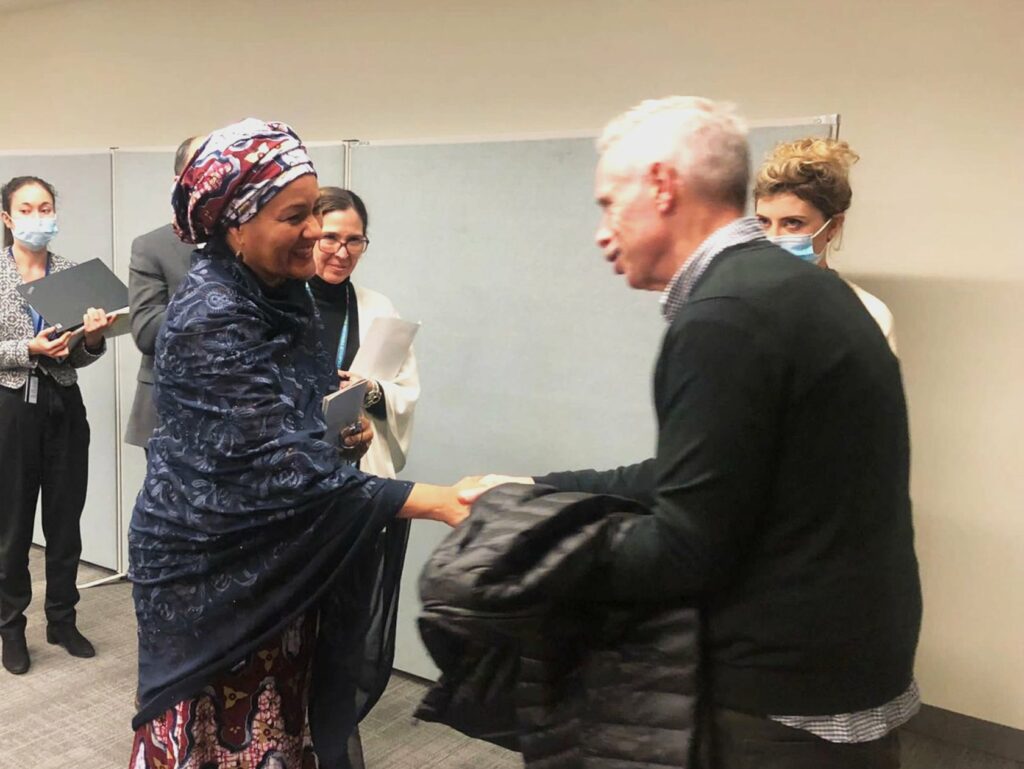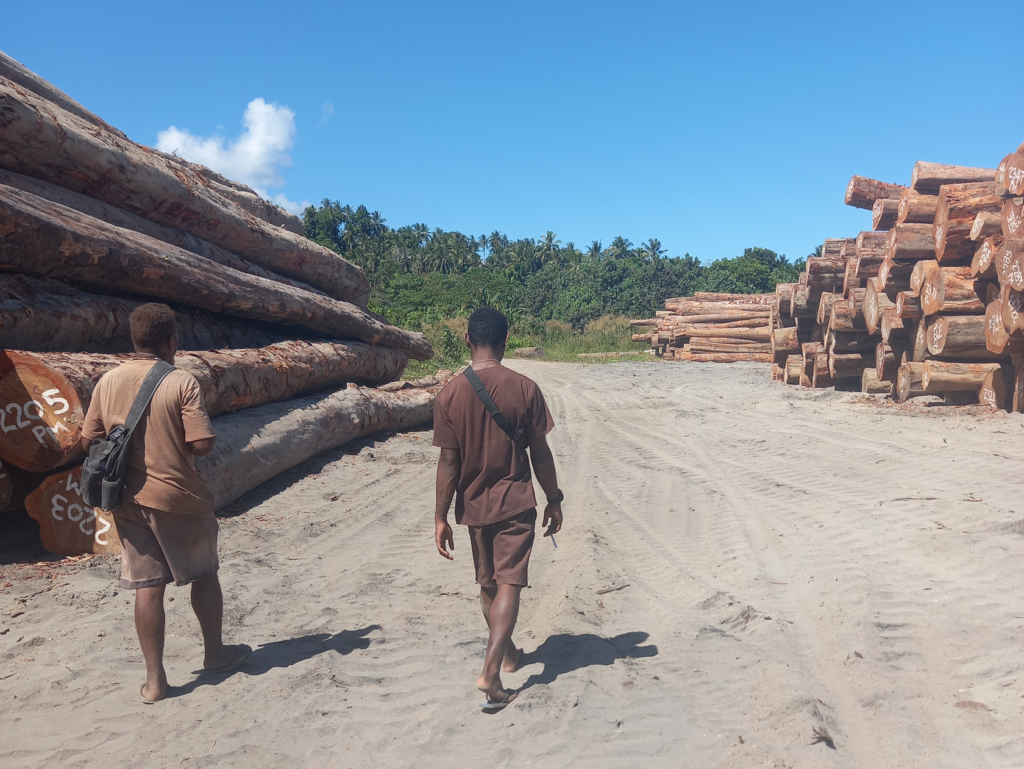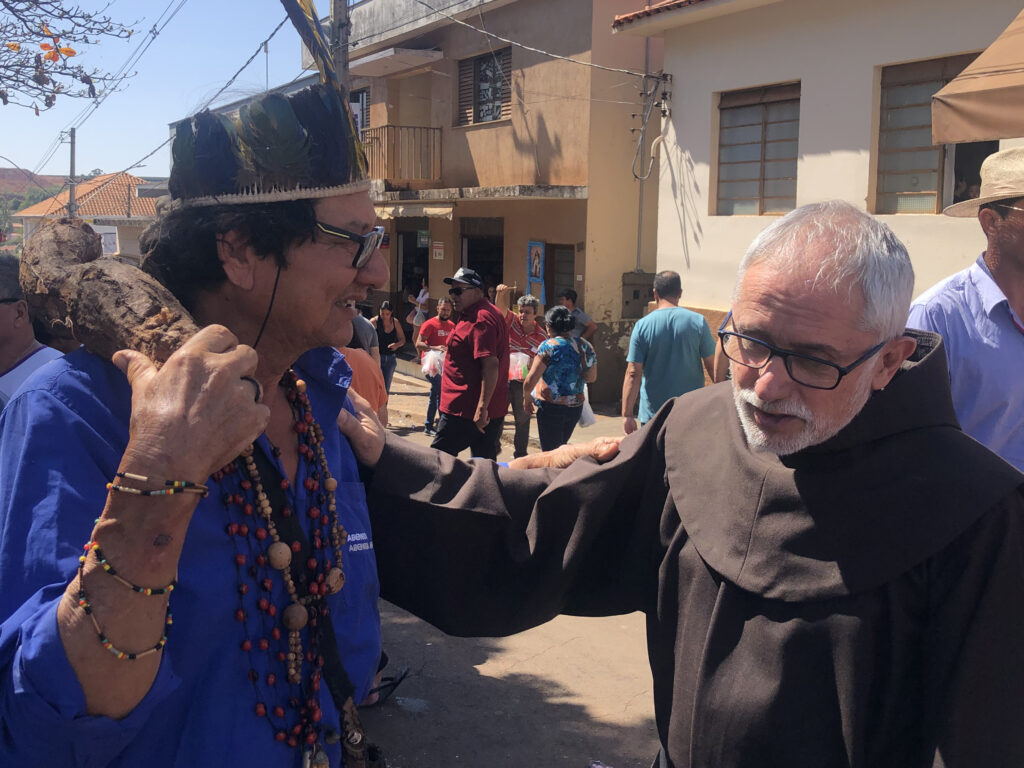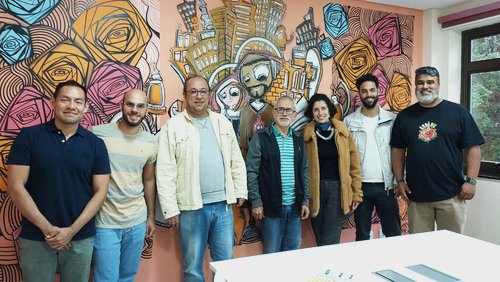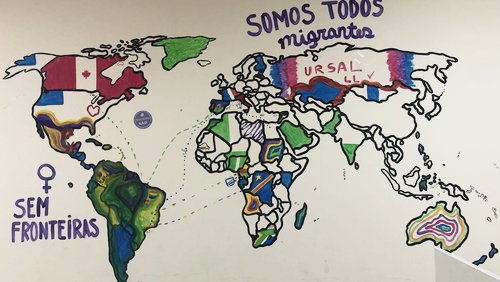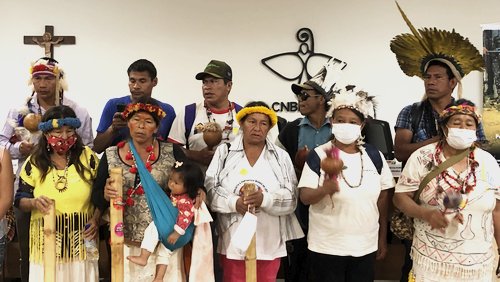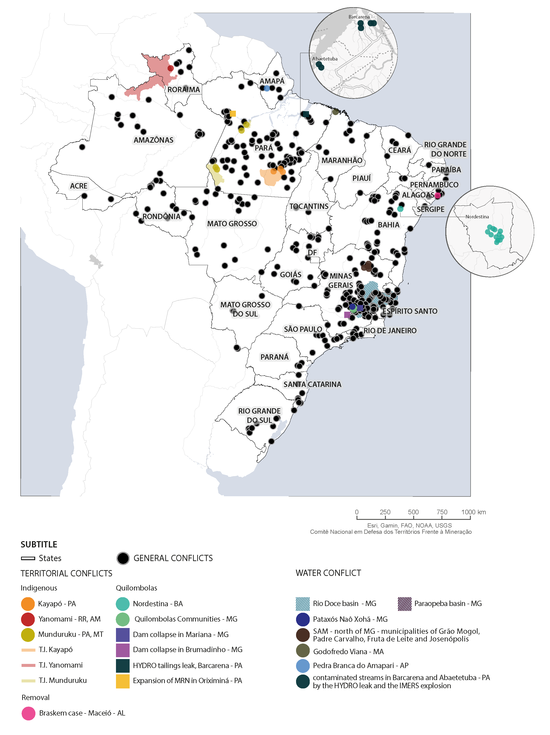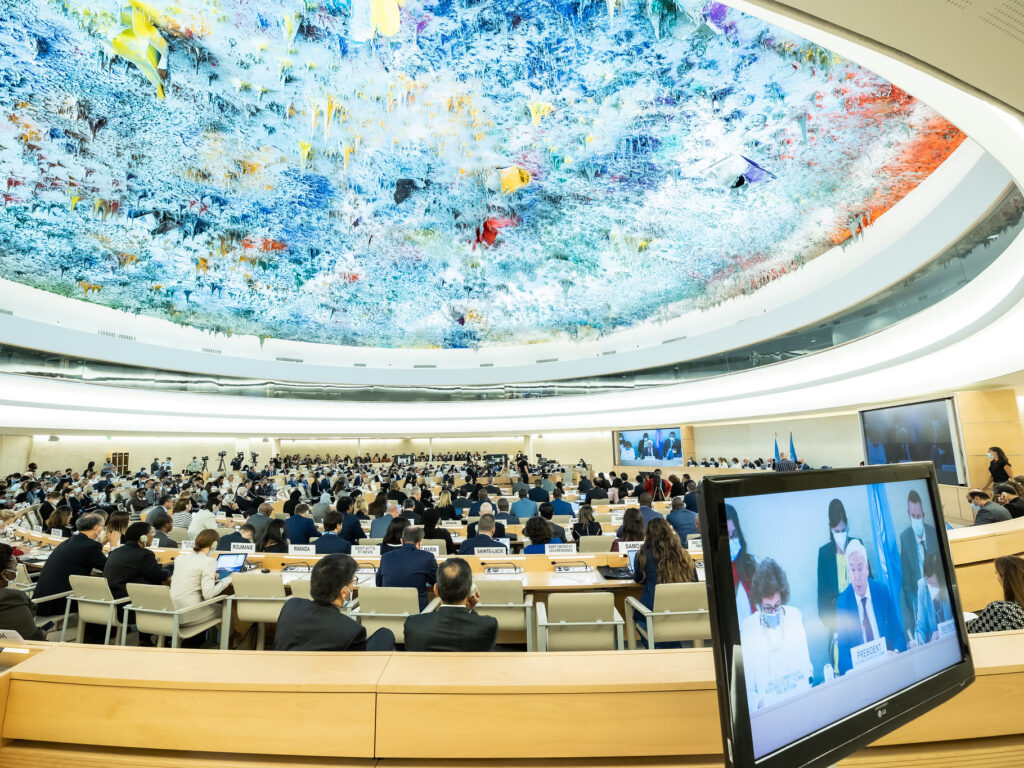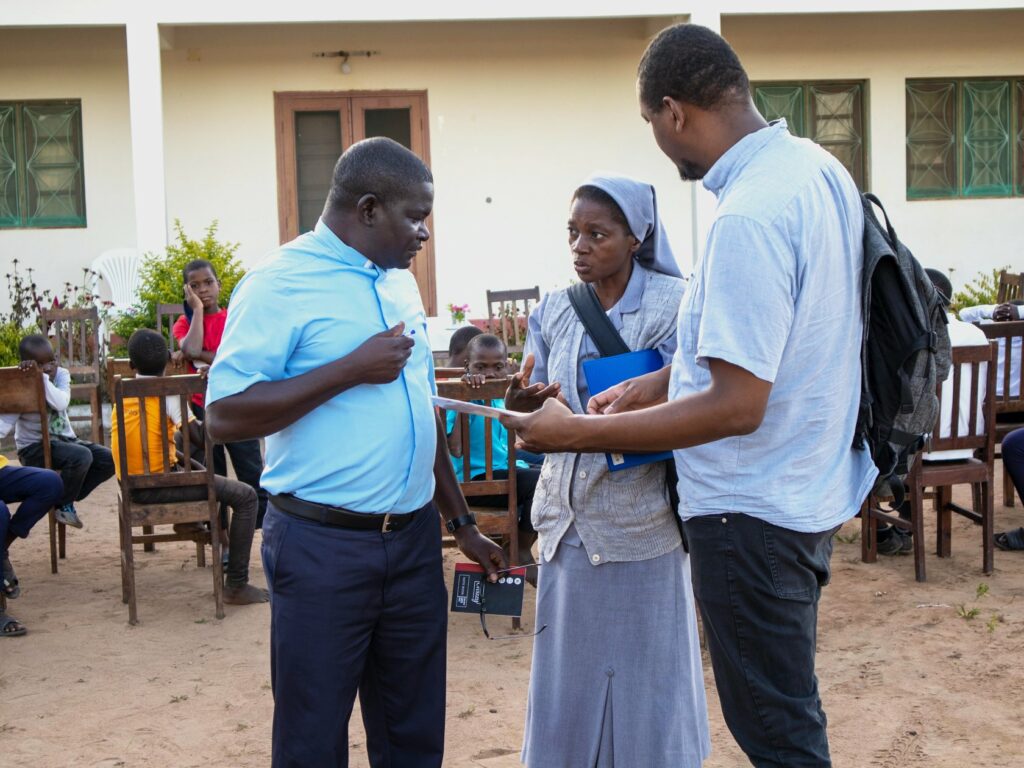The Council will convene between 12 September and 7 October. During the session, we will raise various human rights situations and concerns shared by our partners at the grassroots. You can find all our statements below.
• • •
Item 10: Interactive Dialogue on the High Commissioner’s report – the Philippines (5 October)
Despite a year-long implementation of the UN Joint Program on Human Rights, access to justice in the Philippines remains very limited. The government has failed to prove the effectiveness of domestic accountability mechanisms, especially those related to the so-called ‘war on drugs’. In a joint statement, we urged the Council to consider the Philippines as a priority and adopt a follow-up resolution with the view to establishing an Commission of Inquiry.
• Full statement (English)
Item 3 & 5: Interactive Dialogue with the Special Rapporteur on indigenous peoples – Guatemala (28 September)
Racism and structural discrimination in Guatemala have stood in the way of traditional Indigenous knowledge to be considered in preventing environmental damage, land erosion, and even the effects of climate change. Moreover, Indigenous peoples are often ignored in decision-making processes and the participation of Indigenous women in particular is rare. Instead, those who defend their lands and territories are stigmatized for taking on this role. In a joined statement, we called on the Human Rights Council to urge Guatemala to protect women human rights defenders and to implement measures that guarantee the participation of Indigenous women in consultations and decision-making processes.
• Full statement (Spanish)
Annual Panel on the Rights of Indigenous Peoples – Guatemala (28 September)
During the Covid-19 pandemic, food insecurity in Guatemala was exacerbated by weakened institutions and exclusionary and discriminatory policies that benefit extractive and agro-industrial companies. According to the Ministry of Health, the number of children with malnutrition increased to more than 14.000. Nevertheless, the government does not prioritize initiatives designed to strengthen local and Indigenous agriculture and trade, which could contribute to food sovereignty. At the Human Rights Council, we called on all States to adopt policies to address and alleviate threats to adequate, and to protect defenders of land and territory.
• Full statement (Spanish)
Item 4: General Debate – Mozambique (27 September)
Despite the recommendations accepted by Mozambique during its 2021 Universal Periodic Review, the government has failed to contain the crises in Cabo Delgado, which has so far displaced over 900.000 people. The situation, inextricably linked to the exploitation of natural resources, is likely to further deteriorate as demand for gas from Mozambique soars due to the war in Ukraine. Meanwhile, the population continues to suffer widespread human rights violations. In our joint statement we called the Council’s attention to this urgent situation and called on Mozambique to comply with its international human rights obligations.
• Full statement (English)
Item 4: General Debate – Guatemala (27 September)
In Guatemala, the deterioration of the rule of law, the co-opting of the judicial system, the weakening of national human rights institutions, and the closure of civic spaces continues to advance. Frequent attacks against people, organizations and rural and Indigenous communities that defend the rights to land, territory, and the environment occur with impunity. In a joint statement, we called on the Council to demand that Guatemala investigates and prosecutes those responsible, immediate stops judicial and extrajudicial evictions, creates an effective mechanism to seek solutions for agrarian conflicts, and renews the mandate of the Office of the High Commissioner for Human Rights in the country.
• Full statement (Spanish)
Item 3: Interactive Dialogue with the Special Rapporteur on water and sanitation – Guatemala (14 September)
To Indigenous peoples in Guatemala, water and rivers are sacred and must be protected. Yet environmental human rights defenders in the country are systematically repressed and criminalized. The lack of legislation recognizing the human right to water has led to the adoption of unconstitutional exploitative policies, contrary to international human rights standards. In a joint statement, we called on the Human Rights Council to urge Guatemala to address these legislative gaps, respect the free, prior and informed consent of Indigenous peoples, and investigate attacks against environmental defenders.
• Full statement (Spanish)
Item 2: General Debate – Indonesia (14 September)
In 2018, High Commissioner for Human Rights Zeid Ra’ad bin Hussein was invited to visit West Papua. However, despite ongoing negotiations, no such visit has happened to date. Meanwhile, the human rights situation in West Papua has continued to deteriorate. The ongoing conflict between Indonesian security forces and pro-independence armed groups has displaced an estimated 60.000 people. The freedoms of expression and peaceful assembly of Indigenous Papuans continue to be violated and the region remains closed to the international community. In this joint statement, we called on the High Commissioner to visit West Papua as a matter of urgency.
• Full statement (English)
Item 2: Interactive Dialogue on the report on human rights in Sri Lanka (12 September)
The unprecedented economic crisis in Sri Lanka has generated a situation in which widespread violations of civil, cultural, economic, political, and social rights are occurring. Franciscans International condemned the excessive use of force against peaceful protestors and the increasing number of reprisals against human rights defenders. We also expressed our concern about the government’s failure to deliver justice for the victims of the 2019 Easter Sunday Bombings. FI urged the Council to fully utilize its mandate under resolution 46/1 to strengthen the Sri Lanka Accountability Project while also considering establishing a new independent mechanism to complement this work and monitor the ongoing human rights violations.
• Full statement (English)
Thumbnail: UN Photo by Pierre Albouy




